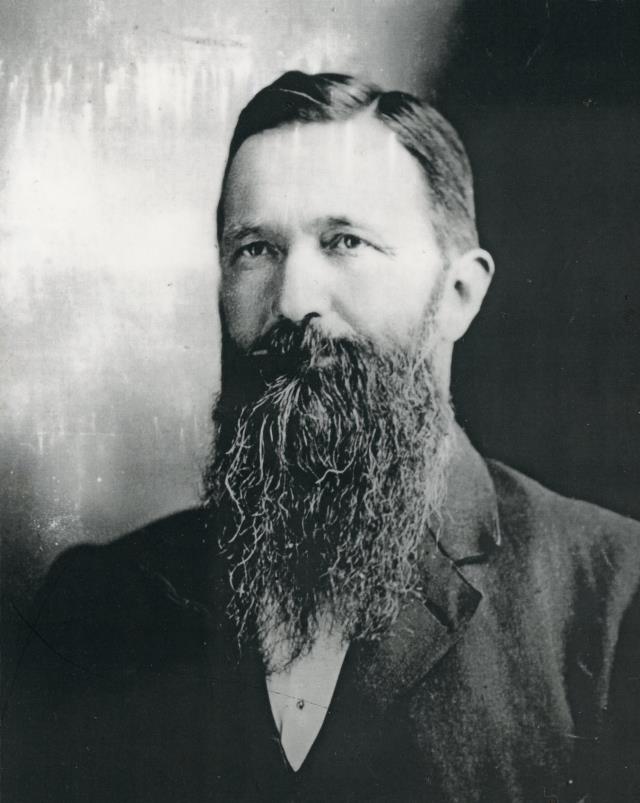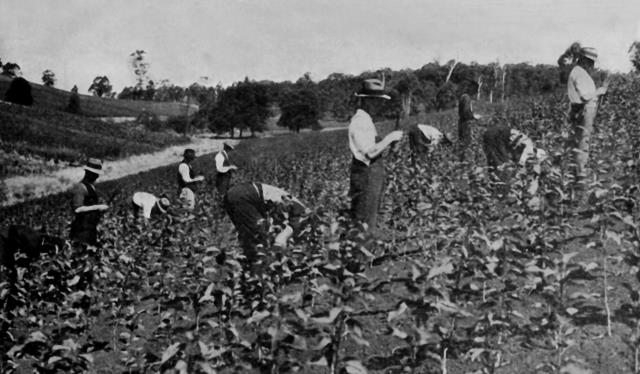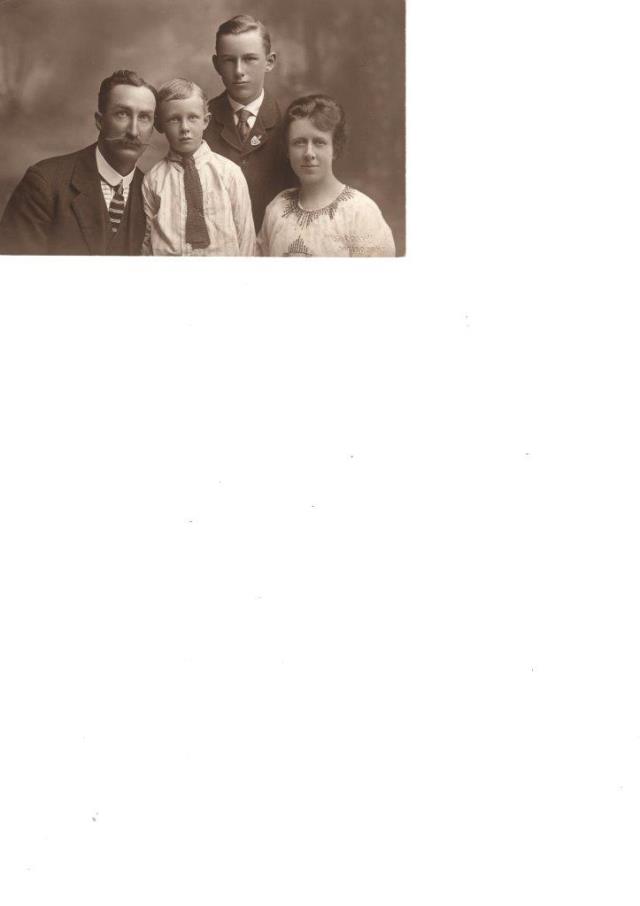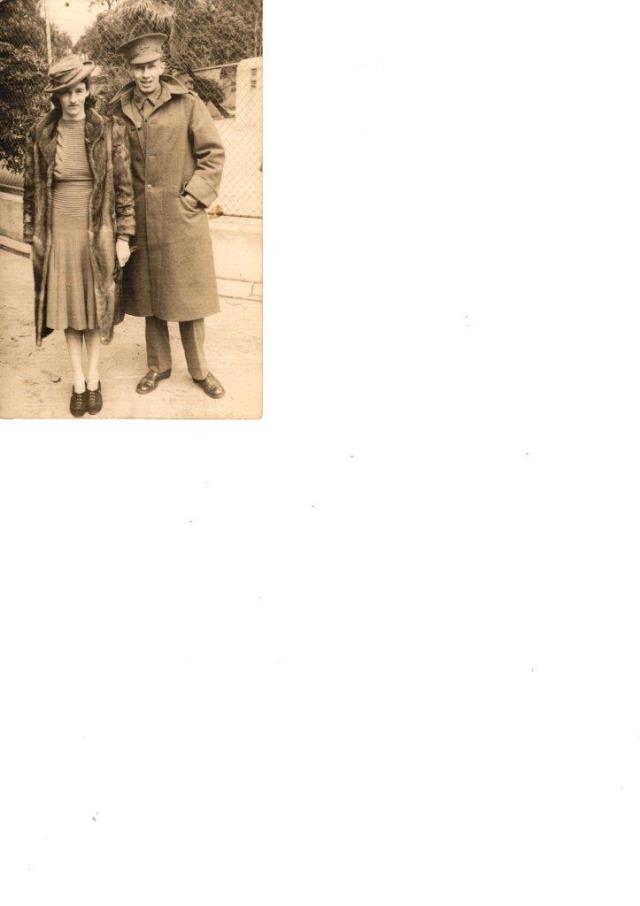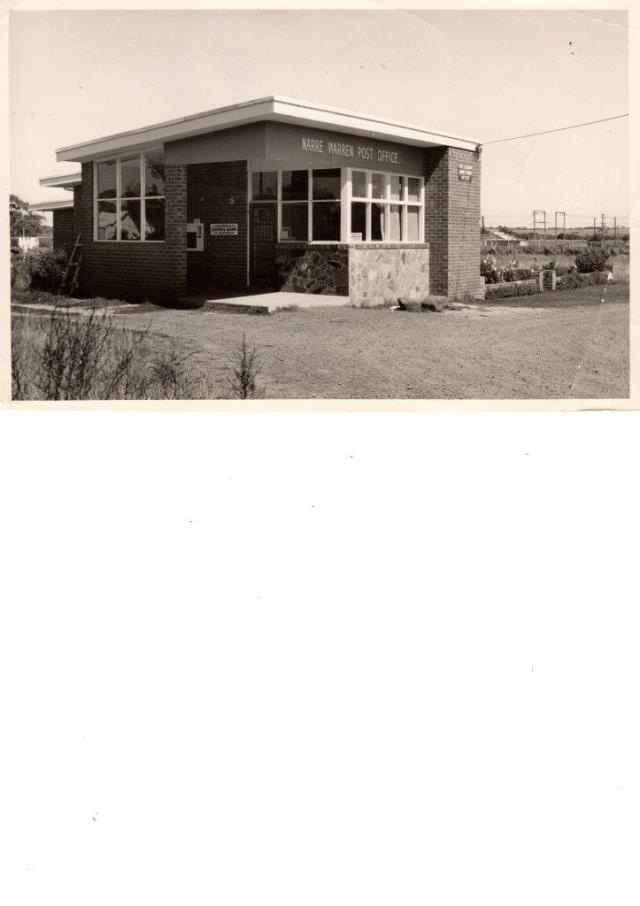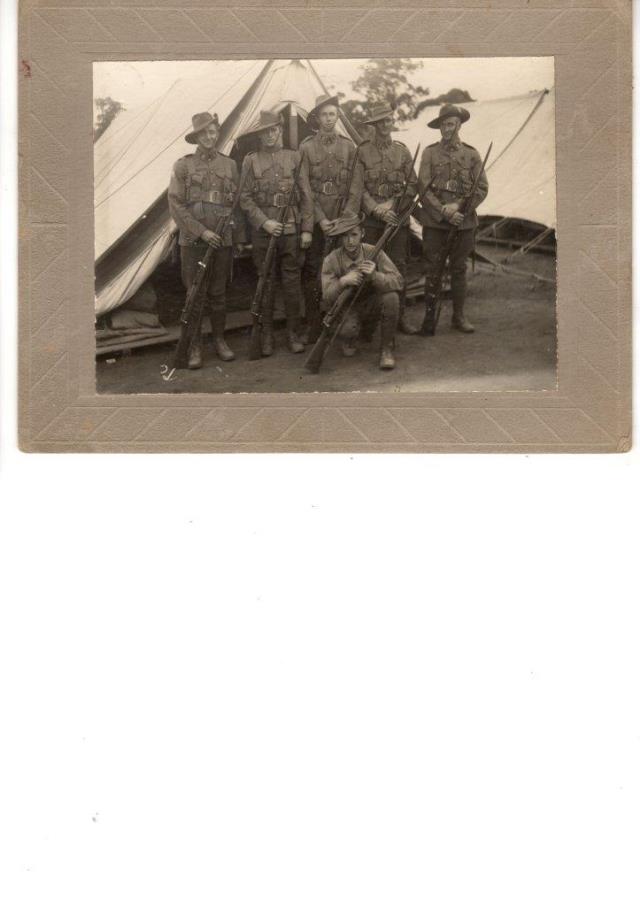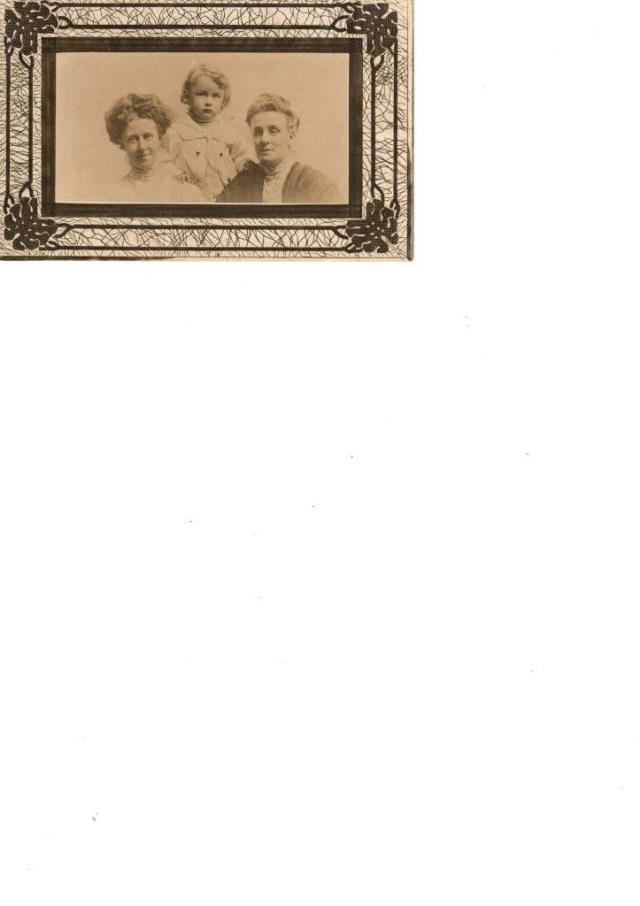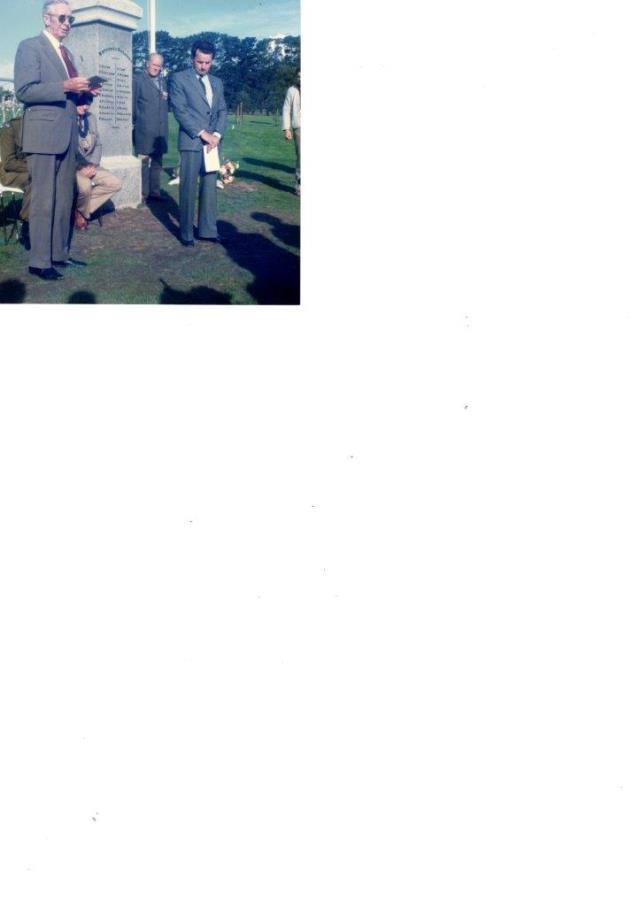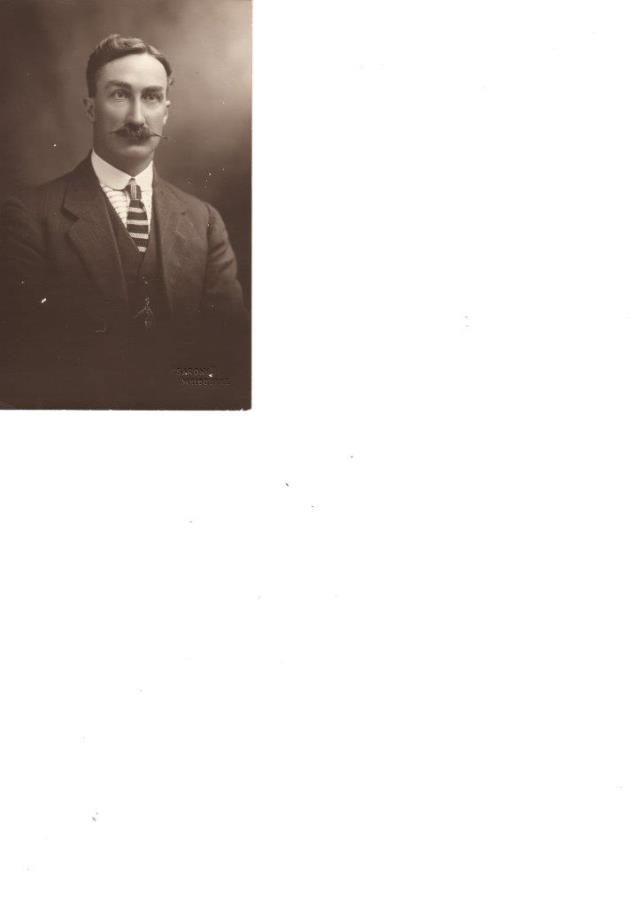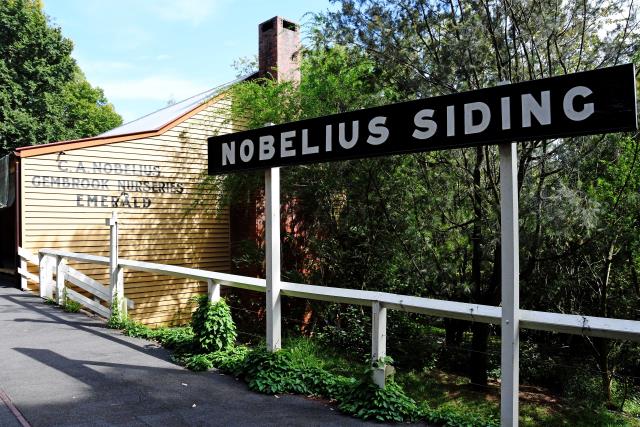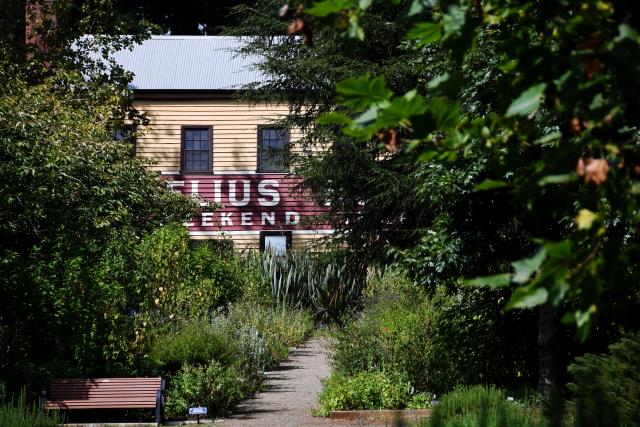Members of the Nobelius family have left a mark on the district, particularly around Narre Warren and Emerald, as NEIL LUCAS reports in his latest look at the significance of place and street names in the region.
Nobelius Avenue, Narre Warren
In 1872, 20-year-old Carl Axel Nobelius immigrated to Australia from Sweden.
Following his arrival in Melbourne, Carl took up a position in horticulture, and was employed as a nursery assistant by Messrs. Taylor and Sangster at a nursery located in Toorak.
This nursery, which comprised two acres (0.8 hectare) was located in Toorak Road and was described as producing trees, shrubs and plants distinguished either for the beauty of their form, foliage or flowers. The company also operated another nursery at Mt Macedon where they reared forest and fruit trees.
Later, Carl moved on to work for another nursery owned by Joseph Harris. In 1877 he married 19-year-old Emily Brightwell with whom he had 11 children, three of whom died in infancy.
Carl was an ambitious and hard-working man, and being keen to establish his own business, in 1887, at the age of 36, purchased 86 acres (35 hectares) of bush at Emerald, and a few years later an additional adjoining 68 acres (27 hectares), making a total of 154 acres (62 hectares).
The property fronted the east side of Beaconsfield Road southwards to Paternoster Road and was covered with huge eucalypts – one tree felled by Carl measured 2.4 metres across the stump.
Carl retained his position at the Harris nursery whilst he developed his property at Emerald. By 1893, he had 20 acres (eight hectares) cleared.
Each weekend Carl would travel by train to Narre Warren and then walk (or later ride by horse) the 24 kilometres to his property, returning to his position at the Toorak nursery for work each Monday morning.
In 1892 Carl moved his family and eight surviving children Hilda, Oscar, Percy, Archie, Ruby, Rupert, Clifford, and Stella to a house which he had built at Emerald.
Their sons Oscar and Archie were keen cricketers and the local paper recorded a match between their Narre Warren team and a team from Clyde. Both were gifted bowlers.
In this match Archie yorked one of the openers, caught and bowled another, and Oscar clean bowled another four of the Clyde batsmen. Oscar was later involved with the Kalora Park Cricket Club at Narre Warren North where he served on the committee and as a delegate to the district association.
Oscar followed in his father’s footsteps and in 1910 established the Kia Ora Nurseries, which fronted onto the west side of Narre Warren- Cranbourne Road towards Thompsons Road (Ormond Road at its eastern extremity runs through where the farm was located).
There Oscar established an orchard producing pears and apples and he propagated fruit trees for sale. Oscar also planted out a large area in the order of five acres (two hectares) with lavender plants the flowers from which were harvested for the production of the highly concentrated oil used as the base of perfumes.
The paddocks took on a purple haze during flowering. Oscar also began commercial production of honey which he harvested from hives around the farm. The honey was sold under the label Oscar Nobelius’ Honey. Oscar and his wife Florence produced two sons, Ron and Jack.
Jack possessed a fine baritone singing voice and performed regularly at the local entertainments and fund-raising events. He worked with his father in the orchard and nursery at Kia Ora but continued singing whenever a possibility arose. His ability developed to such a standard that he began entering contests.
In June 1935 Jack travelled to Bendigo for the annual Bendigo Musical and Elocutionary Competitions where he finished second in the men’s solo section. Later that year Jack entered the prestigious South Street competition at Ballarat where he won the baritone soloists competition.
The Herald newspaper recorded the win as follows – “First prize went to a Victorian singer Jack Nobelius, of Narre Warren. His work was given unstinted praise by the adjudicator, Mr E. Bennett-North. Nobelius, Mr North said, was a singer who showed ease of style and delivery and had splendid resource. He had plenty of vocal and word colour and his diction was excellent.”
Jack also performed at his mother’s afternoon tea parties. One such event in October 1935 was described in the local paper as follows:
TEA PARTY AT KIA-ORA
“In delightful weather and picturesque surroundings, an afternoon party was held on Wednesday, September 25, at Kia-Ora, Narre Warren Road, Cranbourne, the lovely home of Mr. and Mrs. C. O. Nobelius. There was a large gathering of ladies, several motor loads coming from Dandenong. After viewing the spacious garden, which presented a fairy-like appearance with spring flowers and shrubs, and white and pink blossom, an adjournment was made to the commodious lounge room, which was gorgeous with flowers and greenery. Appreciated musical items were contributed by Miss Joan Keys and Mr Jack Nobelius. An informal talk on her travels in England and France, by Mrs. George Keys, of Narre Warren, proved interesting and entertaining. Dainty tea and refreshments were served by the seven hostesses – Mrs. Hogg, Mrs. Bruce, Mrs. Poole, Mrs.Buchanan, Miss Brunt, Miss McLeod and Miss Ryland. Mrs. Bruce, in a few words, expressed appreciation to Mrs. Nobelius and those who contributed to a very happy afternoon. “For she’s a jolly good fellow” was sung, and cheers given for Mrs.Nobelius, Miss G. McLeod accompanying on the piano. The Rev. D. Bruce thanked the ladies for their help. He stated the party was towards the jubilee fund of Scots’ Church, Cranbourne, the 80th anniversary of which will be celebrated by several special functions, in December.”
In June 1938 Jack was in Sydney studying under one of the City’s leading singing teachers Mr Bennett-North, who had acted as adjudicator at the South Street competition three years earlier.
Bennett-North arranged for Jack to undertake a private audition with Lawrence Tibbett, an American world- famous baritone who performed in operas, was a recording artist, and an actor in films and live musical theatre.
Tibbett was most impressed with Jack’s ability and considered that he could become “a really fine singer.” Tibbert invited Jack to return to America with him with the offer of Tibbert sponsoring him in making recordings.
This offer was declined as Jack wanted to get back to Melbourne and his new girlfriend Sylvia Harmer.
Jack undertook several auditions with Cinesound Films, J. C. Williamson’s Theatres and radio stations and performed on radio in Sydney several times, over Station 2CH.
When Jack returned to Melbourne, together with a solo pianist Marjorie Summer, he gave a concert at the Dandenong Town Hall. Jack also performed on radio 3KZ in Melbourne on a number of occasions.
In 1941 Jack married Sylvia Harmer at St John’s Cranbourne. Sylvia had sadly not come to know her father who had died at Gallipoli when she was a baby. Her keepsake was a medallion presented to her mother following her father’s death (known as a death penny).
Jack and Sylvia’s first years of marriage were interrupted by the Second World War when Jack joined the Gippsland Regiment of the Australian Army and rose to the rank of Staff-Sergeant.
Jack served in Northern Australia and spent quite some time on Thursday Island which for some time was expected to come under attack. Although their encampment was bombed many times an invasion did not eventuate and Jack safely returned to Narre Warren. John Lloyd of Narre Warren was the officer in command of Jack’s company.
Following his return Jack and Sylvia purchased a farm which they named Topping, located on the east side of Narre Warren Cranbourne Road, a little south of Centre Road. Jack established an orchard producing pears and apples.
Jack and Sylvia’s son Haydn was born in 1945 during their farming days. When Oscar Nobelius retired from farming in 1949 he purchased land next to Topping and lived there in a house which he had built on the property. By this time, Jack’s brother Ron had moved to live on the Mornington Peninsula.
Sylvia Nobelius worked at the Narre Warren telephone exchange throughout the war, and this led to Jack contemplating taking on a new direction.
Jack successfully obtained the position of Post Master at Narre Warren and accordingly rode his bike into the town each week day to the office which was then located in temporary premises near what is now the supermarket.
In 1956 Jack and Sylvia sold the farm, purchased land in Webb Street on the south corner of Malcolm Court and built a home and office there in order that the post office be located in more suitable premises. During the construction they moved to temporary accommodation in Berwick.
The lane at the rear of the Post Office was later named Sylvia Lane after Sylvia Nobelius.
Following the conclusion of the Second World War, funds were raised so that the names of those who had served could be added to the Narre Warren War Memorial.
The names of two residents who lost their lives and 27 who had served were added to the memorial. The additions to the memorial were unveiled on Anzac Day 1949.
However, by the 1970s, ongoing ground movement and general deterioration of the memorial was such that the memorial was removed and stored in the council depot.
Jack Nobelius was concerned with the memorial’s storage away from public sight and through his membership of the newly formed Rotary Club of Narre Warren fought to have the memorial restored.
The club agreed to take this on as a project and in November 1981 a public meeting was arranged where the club, with the support of the Berwick RSL Branch, put forward Jack’s proposal to re-establish the memorial in the grounds of the Berwick Civic Centre.
This was agreed and with council approval the club re-constructed the memorial close to what is now the entrance to the Casey ARC swimming centre.

